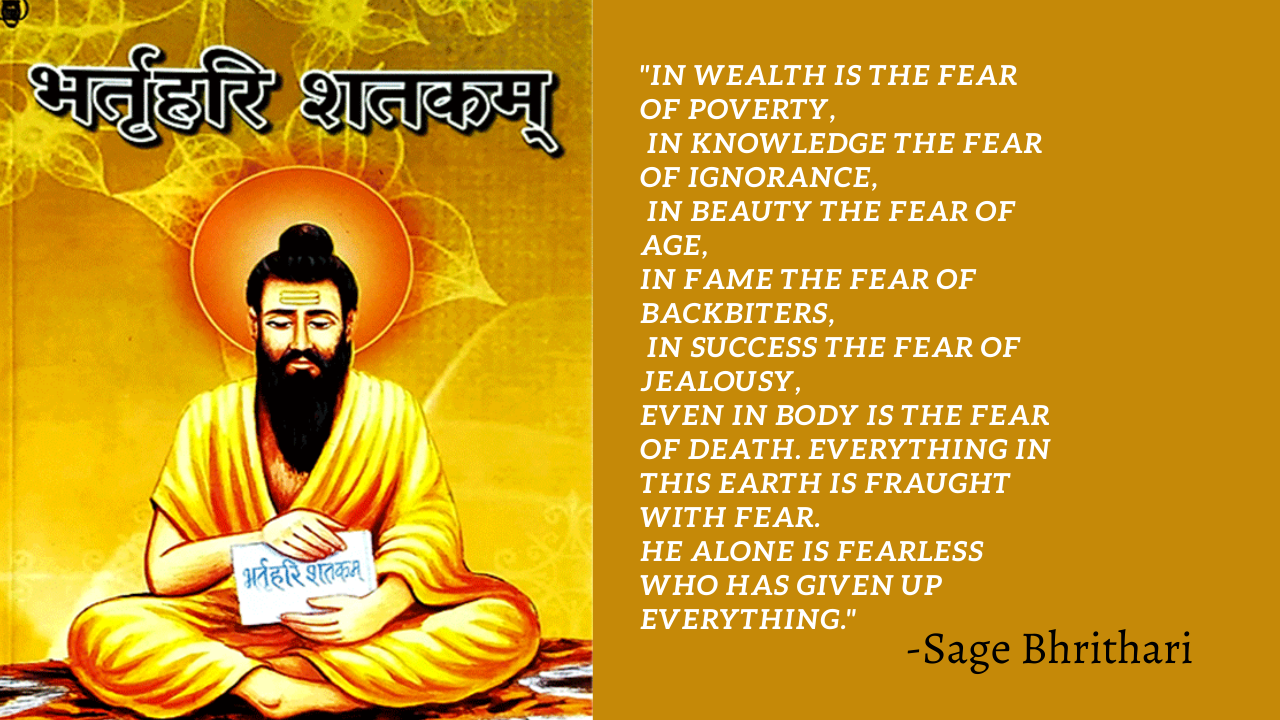Thinking About Thinking :- A Deep Self-Inquiry
Since quite a long now, I have been thinking a lot about thinking itself.
From where does the thought currents arise? To what extent can we control them and enhance them? Think about it. You'll realise we know very little about our ability to think.
Then I tried to discover the truth of thinking by thinking about it. I started with a rather curious thought, "Do animals think?"
This question really gave me so much clarity about the definition of the term 'thinking'.
What indeed thinking is? Its just our inner voice. When we talk to ourselves, we call it thinking. Inside our head, we just get thoughts in the form of language, like sentences etc.
Now I had successfully concluded that the humanly achievement of inventing language really helped us think, and that language greatly influences thoughts. That is why animals can't think. They do have rudimentary communication but weren't able to develop communication as fantastic as ours.
But then, again a question arises. Why are some better at thinking, and some not?
Thinking is just inner concentration. When we talk to others, we are bounded by the speed of sound, but in our heads, we are befriended by none other than electrons of the electricity of our thought currents.
Hence, we can say that a good thinker knows how to talk to himself in a flash, and do systematic self-discussions very fast, in order to reach to a logical result. The faster you can withdraw your attention from external world to inside your mind, the faster you can think.
Look how far we've come in this journey!
But still, an important question might be, "How is thinking related to memory?" This question will further solve a huge confusion.
Specifically talking about academics memory, that is, memory of concepts, formulas and other sublime things, it is but recalling old voices within us - the old thoughts about methods of solving a sum, etc.
Have you noticed that our memory of life events is better than memory of concepts, formulas? How is it?
An obvious answer, but a very insightful answer is that the life events memory is a visual memory, whereas the conceptual memory is just old thoughts - our own past voices!
Hence we conclude that for a superb memory, we need to store stuff NOT as voices, but as visuals!
Now, the most important question of our today's blog is this.
Well, so often our thoughts make error, and aren't logical. Even if they aren't erronous, still we feel our thoughts aren't so deep, like physicists, artists etc.
The way to that is this :- thinking in visuals!
It is a task that does need hardwork, but once achieved, can make us great thinkers - thinking in pictures, visuals.
All the finest thinkers of past you see, they all SAW their thoughts and didn't speak them into their heads.
Take Albert Einstein, Richard Feynman, Pablo Picasso, Leonardo Da Vinci - they all were master visualisers. They could see their thoughts.
You would be astonished to know that all Vedantic spirituality is based on human errors in thinking!
This a Sutra from Maharishi Patanjali's Yoga Sutras, explaining the meaning of the word 'Samadhi' :-
"Just as the pure crystal takes color from the object which is nearest to it, so that mind, when it is cleared of thought-waves, achieves sameness or identity with the object of concentration. This may either be a gross object, or the organ of perception, or the sense of ego. This achievement of identity with the object of concentration is known as Samadhi."
(Yoga Sutra 1.41)
So according to Yoga Sutras, the Samsara exists only because we are in the wrong Samadhi, wrong concentration - that is the concentration of ego, which is false identification with our body, desires, belongings etc.
With overflowing wisdom, it precisely states - the achievement of identity with the object of concentration is known as Samadhi. This single statement answers all the philosophy behind meaning of life, Samsara etc.
Another thing we can notice is this.
Who are you? Are you your mind - a bunch of thoughts? But then how can you exist in sleep? Also, then how are trees, plants, etc. are living creatures even if they do not think as "I am a plant" etc. Really it is a good question - Do plants, trees know that they exist? Like, do they have their ego, i.e. self-identification?
Well they too struggle to survive, so its hard to tell anything at all.
One thing is clear. Thoughts doesn't define life. We have shitloads of thoughts, an entire organ devoted to it - but plants don't - and still both are living creatures.
See how strange thoughts are!
I tell you, stranger it is to study consciousness, i.e the awareness of being alive.
The problem is that we don't know much about thinking, life, etc. We really don't know how exactly our hands, legs etc. obey our thoughts, how are we able to think, what is the force that makes us think, be alive etc.
Thinking is a thing worth meditating upon. Once in a while, we must sit somewhere, close our eyes, and try to find - from where indeed all the thoughts pop up?
Thanks,
Daksh Parekh.



Comments
Post a Comment